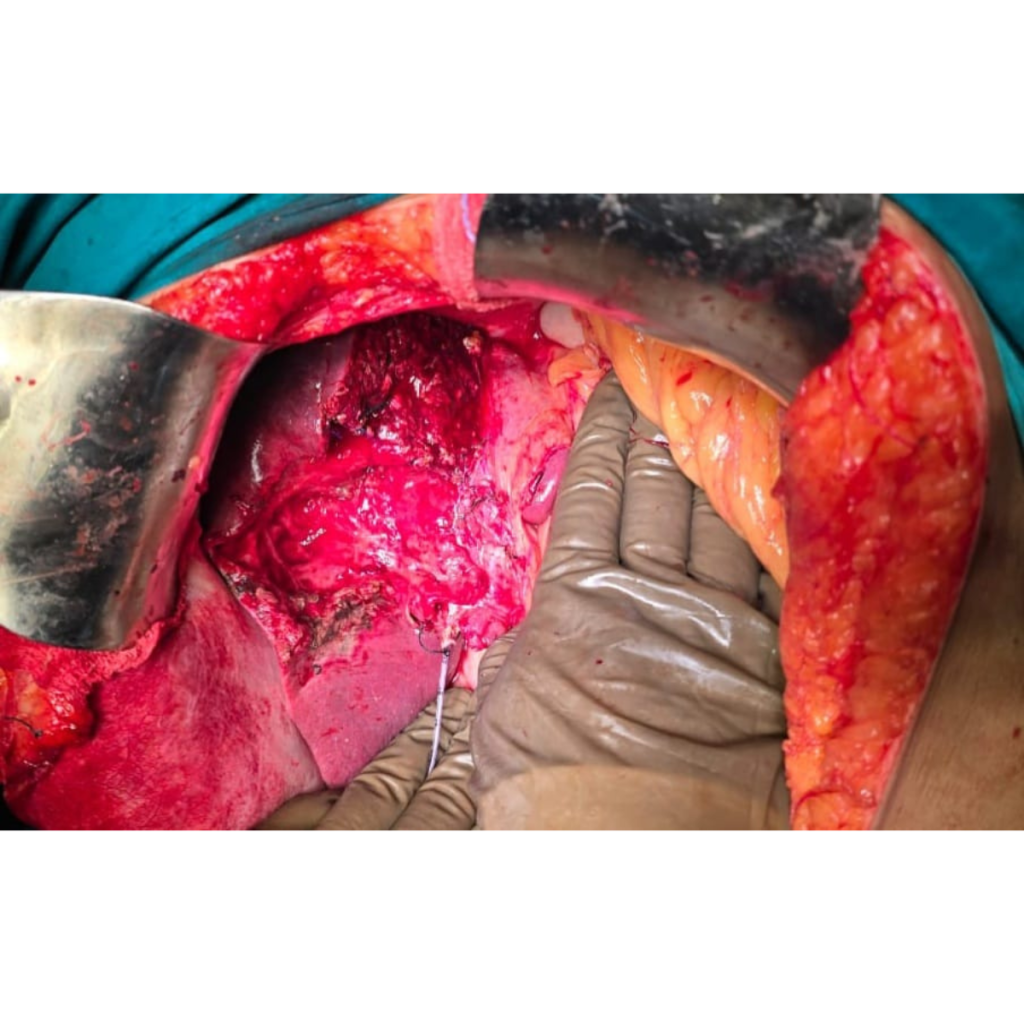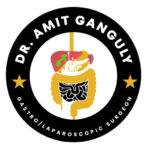HPB & Liver Transplant
For individuals facing severe liver diseases and complex pancreatic conditions, the expertise of Dr. Amit Ganguly can offer life-saving solutions. Specializing in liver transplants and the management of pancreatic diseases, Dr. Ganguly combines years of rigorous training and experience to provide patients with comprehensive care. His journey equips him with the latest advancements in the field, ensuring that patients receive the best possible treatment.
The liver and pancreas are vital organs that play crucial roles in digestion and metabolism. When these organs fail due to disease or injury, surgical interventions, including liver transplants and pancreatic surgeries, become necessary.
Symptoms of Liver Disease:
- Jaundice (yellowing of the skin and eyes)
- Fatigue and weakness
- Swelling in the abdomen (ascites)
- Nausea and vomiting
- Itchy skin
- Dark urine
- Pale stool
- Loss of appetite
- Unexplained weight loss
- Confusion or cognitive changes
Symptoms of Pancreatic Diseases:
- Abdominal pain, often radiating to the back
- Unexplained weight loss
- Jaundice (yellowing of the skin and eyes)
- Changes in appetite
- Nausea and vomiting
- Dark urine
- Fatty stools (steatorrhea)
- Fever or increased heart rate (in cases of pancreatitis)
- Abdominal swelling or tenderness
- Diabetes or changes in blood sugar levels


For individuals facing severe liver diseases and complex pancreatic conditions, the expertise of Dr. Amit Ganguly can offer life-saving solutions. Specializing in liver transplants and the management of pancreatic diseases, Dr. Ganguly combines years of rigorous training and experience to provide patients with comprehensive care. His journey equips him with the latest advancements in the field, ensuring that patients receive the best possible treatment.
The liver and pancreas are vital organs that play crucial roles in digestion and metabolism. When these organs fail due to disease or injury, surgical interventions, including liver transplants and pancreatic surgeries, become necessary.
Symptoms of Liver Disease:
- Jaundice (yellowing of the skin and eyes)
- Fatigue and weakness
- Swelling in the abdomen (ascites)
- Nausea and vomiting
- Itchy skin
- Dark urine
- Pale stool
- Loss of appetite
- Unexplained weight loss
- Confusion or cognitive changes
Symptoms of Pancreatic Diseases:
- Abdominal pain, often radiating to the back
- Unexplained weight loss
- Jaundice (yellowing of the skin and eyes)
- Changes in appetite
- Nausea and vomiting
- Dark urine
- Fatty stools (steatorrhea)
- Fever or increased heart rate (in cases of pancreatitis)
- Abdominal swelling or tenderness
- Diabetes or changes in blood sugar levels
